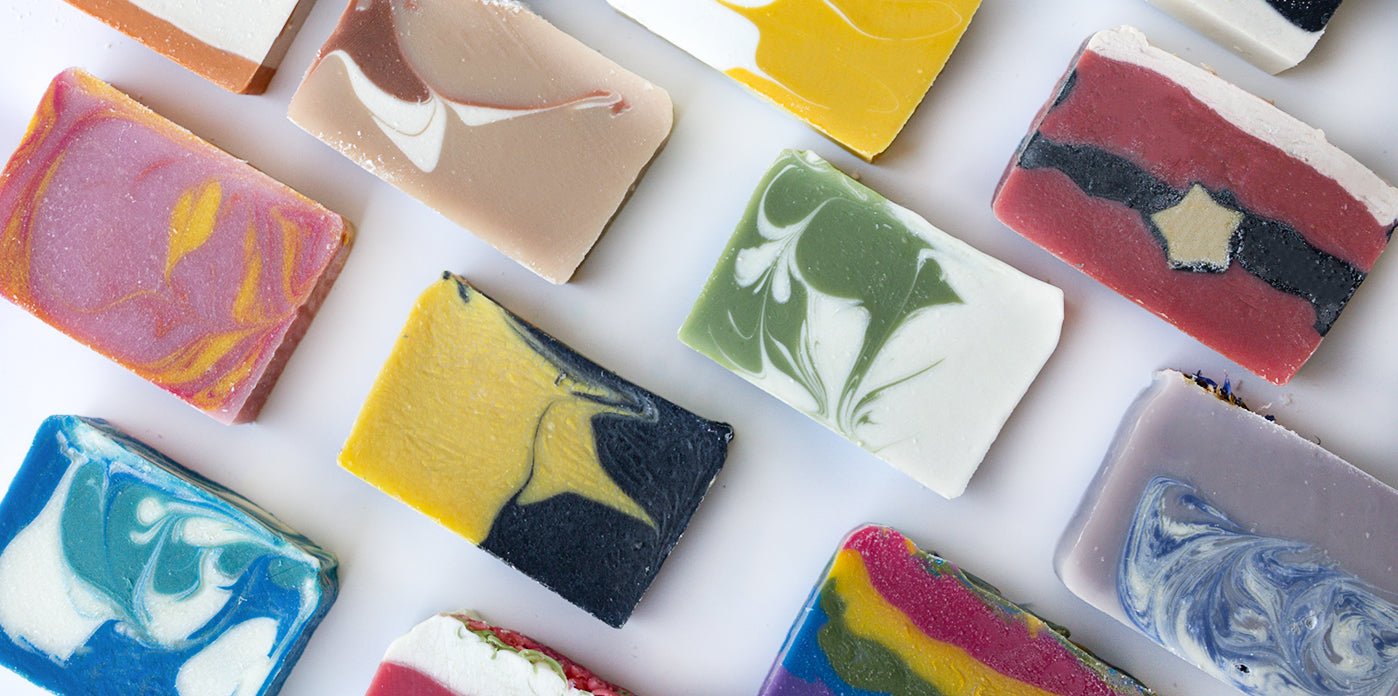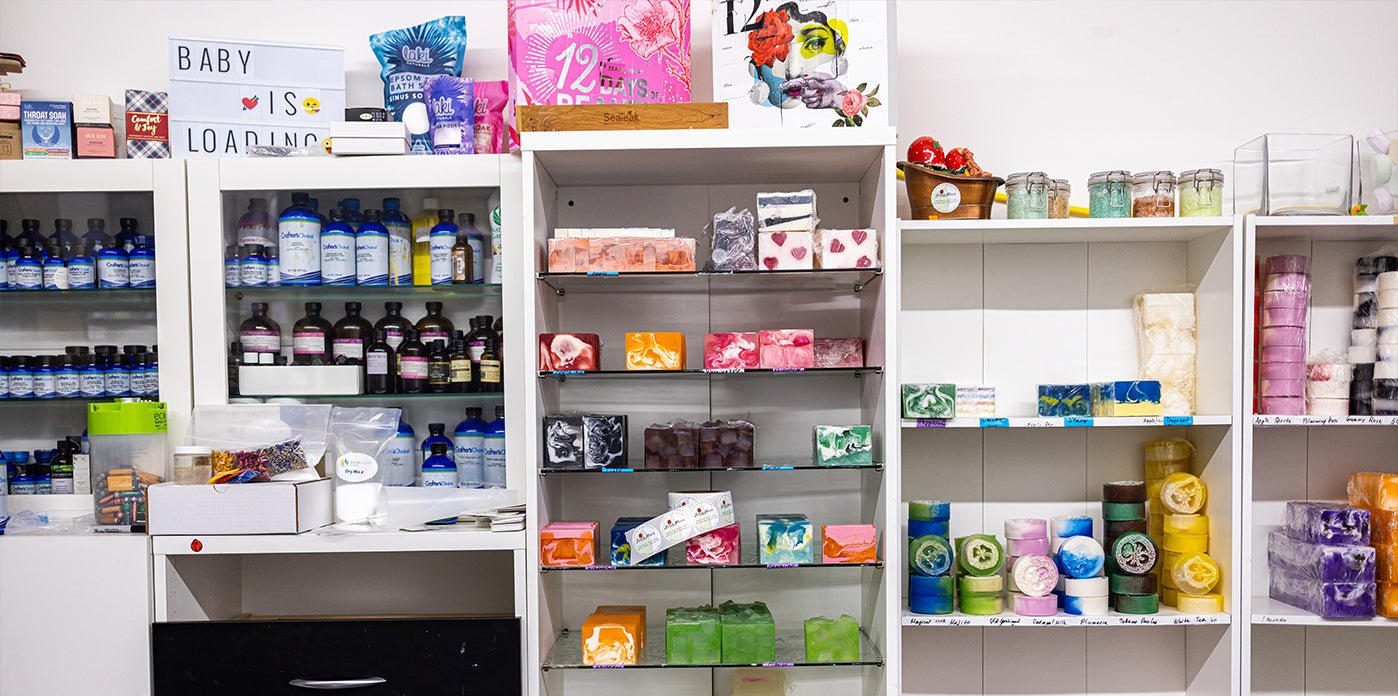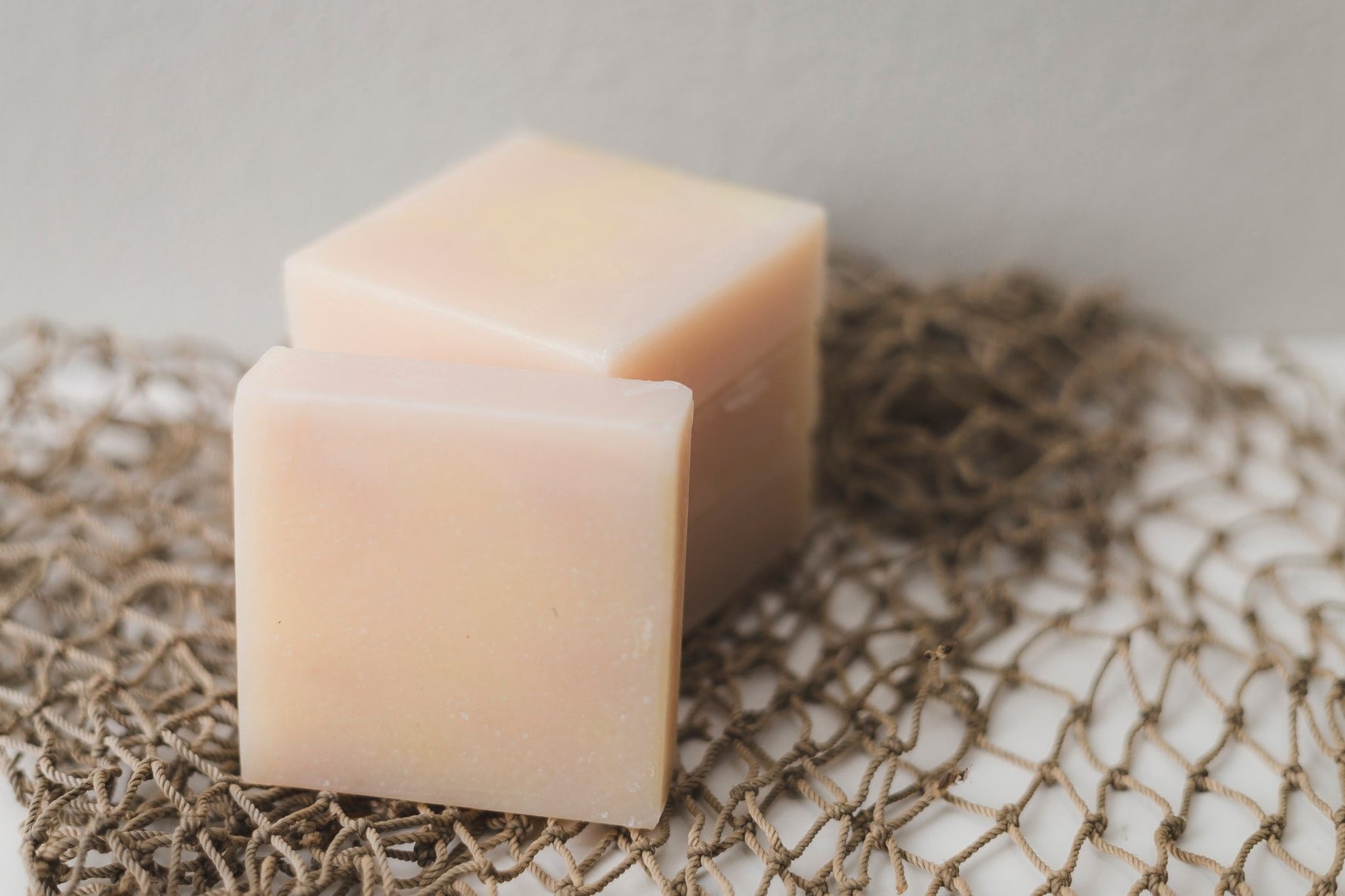In today's world, being an informed consumer is more critical than ever, especially when it comes to personal care products like soap. Understanding soap labels and their ingredients can help you make healthier choices for your skin and overall well-being. Let's dive into the importance of reading soap labels, discerning beneficial vs. harmful ingredients, and what to look for.
Importance of Reading and Understanding Soap Labels
Reading and understanding soap labels empower you to make informed decisions about what you put on your body. With numerous products on the market, it's essential to know which ingredients contribute to your skin's health and which might be better avoided. Comprehensive knowledge helps you steer clear of potentially harmful chemicals and opt for products that suit your specific skin needs.
Beneficial vs. Harmful Ingredients: How to Discern
Not all soap ingredients are created equal. Beneficial ingredients include natural oils like olive oil, coconut oil, and shea butter, which are known for their moisturizing properties. Essential oils, such as lavender or tea tree oil, also offer therapeutic benefits without the harsh side effects.
On the flip side, harmful ingredients might include synthetic fragrances, parabens, and sulfates. These can cause skin irritation, dryness, and even long-term health concerns. For example, parabens are often used as preservatives but have been linked to hormonal disruptions.
Breakdown of Common Soap Ingredients and Their Functions
To help you understand soap labels better, here's a quick breakdown of common ingredients and their roles:
Glycerin: A humectant that attracts moisture to your skin, keeping it hydrated.
Lye (Sodium Hydroxide): Necessary for the soap-making process; reacts with oils to produce soap.
Essential Oils: Provide natural fragrance and therapeutic benefits.
Coconut Oil: Offers a rich lather and deep cleansing.
Olive Oil: Gentle on skin, providing moisture and antioxidants.
Parabens: Synthetic preservatives that may cause skin and health issues.
Spotlight on SoapyMania’s Ingredient Transparency
At SoapyMania, transparency is a cornerstone of our brand. We believe that you have the right to know exactly what ingredients are in your soap and why they’re there. Our labels are designed to be clear and informative, listing every component and its purpose. This transparency ensures our customers can trust the quality and safety of our products.
Tips for Making Informed Purchases
When buying soap, consider these tips to make informed choices:
Read Labels Thoroughly: Look beyond marketing buzzwords. Understand what each ingredient does.
Research Ingredients: If you're unsure about an ingredient, take a moment to research its effects.
Choose Natural Over Synthetic: Opt for soaps with natural ingredients and avoid those with long lists of synthetic chemicals.
Ask Questions: Don’t hesitate to reach out to manufacturers with questions about their ingredients.
Encouraging Customers to Ask Questions
We encourage our customers to be proactive about what they put on their skin. If you ever have questions about our soap ingredients or their benefits, our team at SoapyMania is always here to help. Your health and satisfaction are our top priorities, and we’re committed to ensuring you feel confident in your choices.
Understanding soap labels doesn't have to be daunting. By knowing what to look for, you can make choices that enhance your well-being. Have you ever encountered an ingredient you were curious about? Feel free to reach out!





